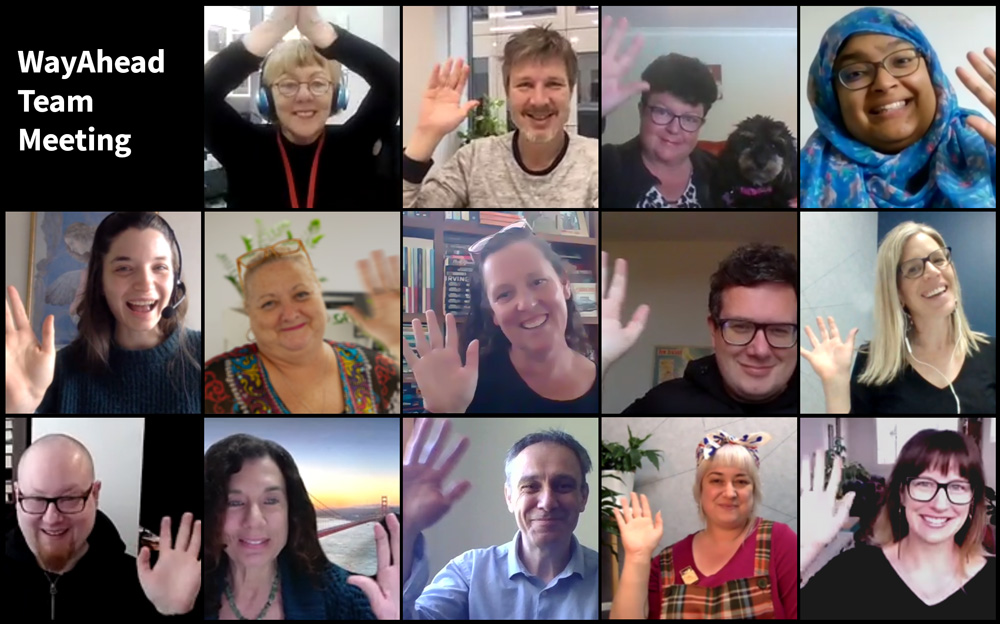Many years ago, David Peters lived and breathed the homeless life. Now as an Arafmi employee, he is attempting to change the lives of today’s homeless population, through ongoing research and running social programs. Speaking one-on-one with David, Harry Easton discovers the links between mental health and homelessness.
Sydney’s winter was one of the coldest on record last year. Whilst most of us remained warm and well-fed inside our homes and apartments, many others had to endure the cold nights in basic housing or sleeping without a shelter. For David Peters, the memories of sleeping in a boarding house are some of the most miserable he has experienced.
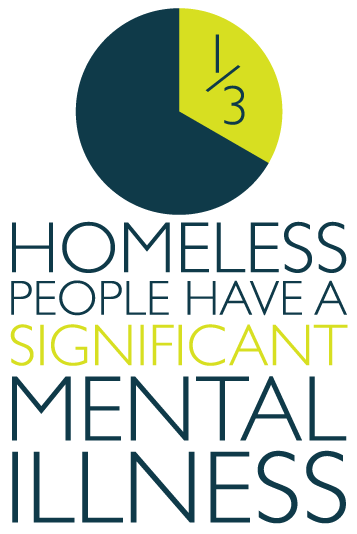 David is a strong campaigner for assisting the homeless, and believes that including these people in social events and breaking down feelings has the potential to change their mindset and lifestyle. David has been running a homeless support group since 2013 to provide a welcoming environment for some of Sydney’s most isolated.
David is a strong campaigner for assisting the homeless, and believes that including these people in social events and breaking down feelings has the potential to change their mindset and lifestyle. David has been running a homeless support group since 2013 to provide a welcoming environment for some of Sydney’s most isolated.
“I bring a group of them [boarders] along to a free BBQ in Dulwich Hill at a Salvation Army premises. We created a little community in a community, a sense of belonging. By creating that belonging, we will be lessening the extent of that social exclusion.”
“A lot of it was word of mouth… and now the group is stronger than ever, we currently have between 15-30 people attending each week.”
In June 2014, David spoke at the Australian & New Zealand Addiction Conference on the issues of homelessness. He decided to use his support group as a means to collecting data on the state of living a homeless life.
“I did some research on the effects of homelessness and what that that entails in the demographic of my group, that is it intends to increase isolation and marginalises them from society. I did a lot of research on my group and it indicated that the more people felt that sense of belonging and the more they participated, the less instances of intoxication were occurring.”
Through the course of gathering the data, David identified that the social exclusion the boarders were experiencing week-to-week was contributing to their lifestyle, which many struggle to change. David says his support groups were starting to help people break the excluded lifestyle.
“I had practical evidence that people are coming and feeling like they have a sense of purpose. They all have that isolation factor where they are some what marginalised by society. If they can timetable their life around that Saturday, in order to meet friends…. we’re growing support around each person.”
In 2013-14 the Australian Institute of Health and Wellbeing (AIHW) estimated that 254,000 Australians accessed specialist homelessness services – an increase of 4% from 2012-13 [1]. However, David says that these figures don’t explore the key issues of the nation’s homeless crisis.

“The typical homeless person that you see, the guy that sleeps in the park, makes up 7% of the total homelessness in Australia. The other 93% is the hidden homelessness, people in boarding houses, crisis accommodation couch-surfing and sleeping in cars. That’s the extent of the problem in Australia is that what we see is only 7% of the problem itself.”
The AIHW estimates that 22% of people who received assistance from a specialist homelessness agency were identified as having a current mental health issue. David says that people in his group experience periods of loneliness and exclusion that can affect them psychologically,.
“They’re lovely people, just like anyone else. Obviously they do have drug and alcohol as well as mental health issues. They have self-esteem issues as well. I find that in my experience, when someone is marginalised and excluded, there’s a lot of anger and resentment, which can further cement stigma [around homeless] in my opinion.”
A 2009 study published in the Journal of Psychiatric and Mental Health Nursing found that the relationship between homelessness and mental health is reciprocal [2]. A third of homeless individuals have a severe mental illness, with homelessness also considered to be a key contributor to mental illnesses, such as depression. David says it is difficult to distinguish a solid link between the two, but acknowledges there are similarities in the emotions and state of mind of people in these situations
“To ask why a person is homeless, why does someone have a mental illness is to ask why do people do what they do. If someone has been marginalised, and a label slapped on them it’s very hard for them to get out of that. Being homeless and experiencing exclusion can have a heavy impact on your mental well being, your self confidence and self esteem… and therefore things like depression and anxiety are prevalent. I guess it can be a contributor but it comes back to that chicken and the egg argument.”
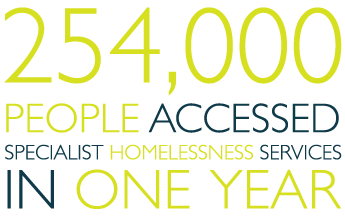 In his paper, David discusses society’s values as orientated towards individualism whilst ideals of collectivism are scarce. Through striving for independent goals, David argues that an individualistic way of life creates a society that does not adequately support the homeless. He says this creates a stigma around the homeless, excluding them from the community.
In his paper, David discusses society’s values as orientated towards individualism whilst ideals of collectivism are scarce. Through striving for independent goals, David argues that an individualistic way of life creates a society that does not adequately support the homeless. He says this creates a stigma around the homeless, excluding them from the community.
“Individualism can be a good thing, where they strive to achieve their own goals and strive to betters themselves. But typically what has been shown in studies, is that the more individualistic a person is, the less they tend to consider others who aren’t doing so well… so it can hinder assisting others.”
Assisting those that are less fortunate than himself plays a big part in David’s character. He has formed a strong relationship with the boarders in his group, in some cases mentoring them on how they can turn their life around. He acknowledges that there is a negative stigma attached to homeless people, but says trying to remove it from society is not the correct way to help his group.
“Instead of trying to crush that stigma, I try to change the perspective of the person experiencing that stigma. So if a person is experiencing that stigma and can change their viewpoint to not let it get to them so much, it’s building their confidence to say ‘I don’t need to acknowledge this”; and that lessens the impact the stigma can have which ultimately can lessen stigma in general. So trying to create a positive at that end instead of trying to combat the people that are putting the stigma on in the first place.”
David believes his group will only get bigger over the next few months and has high hopes for the boarders to improve their lifestyles.
“I have ongoing plans to expand the current group. Numbers do go up in summer in the warmer months. We’re getting good funding streams and getting some more volunteers. There is room for growth. A big part is using those recovery based principles which come from a mental health setting… one of the big things is the more support a person has, the better chance they have for recovery.”
[1] http://www.aihw.gov.au/WorkArea/DownloadAsset.aspx?id=60129549998
[2] Kirkpatrick, H. & Byrne, C. (2009) A narrative inquiry: moving on from homelessness for individuals with a major mental illness, Journal of psychiatric and mental health nursing, Vol. 16, p. 68-75.
Written By

